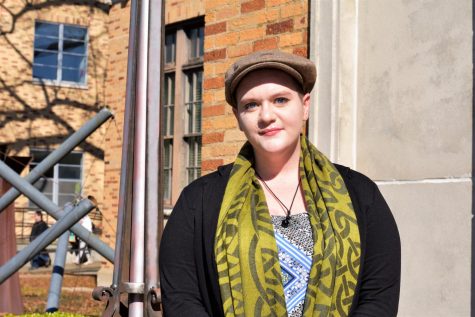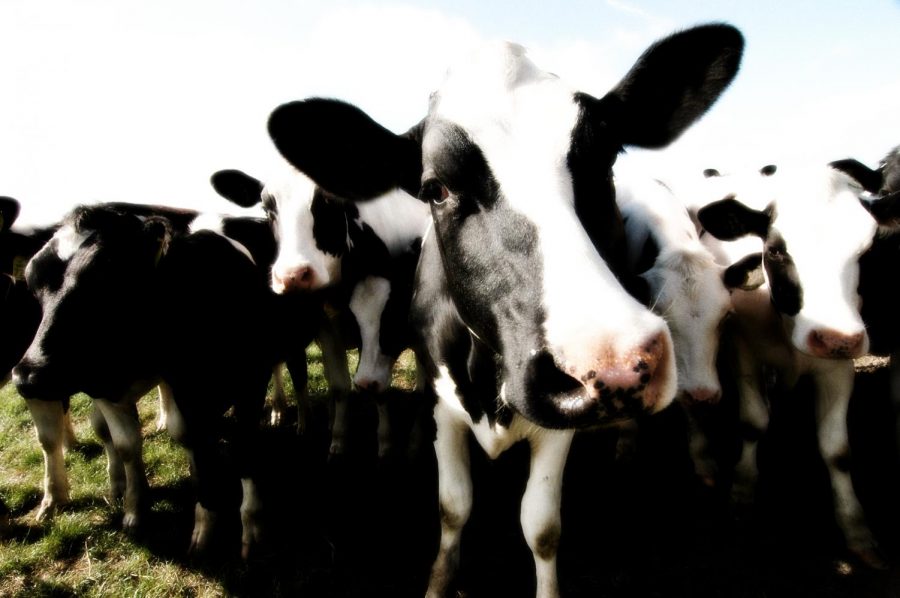Eating Meat: Ethical or Not?
The ethics involved in eating meat is an old-age debate that seems to be getting stronger in recent years. There are people who are vegetarian or vegan who argue that eating meat is ethically wrong and you have meat-eaters who argue that eating meat is just a way of life.
If meat is sourced locally from humane sources, this argument loses its foothold in the reason not to eat meat.
Eating meat does not have to be unethical. There are certainly situations in which it can be viewed as such, but ultimately, eating meat provides nutrients and flavor that people enjoy. There are so many unethical things in the world that focusing on meat as one of them wastes our time and energy as humans.
Humans eating animals is part of the circle of life. Just like there are animals who eat meat and animals that do not, there are humans that eat meat and humans that do not.
Even as a vegetarian, Benjamin Franklin accepted eating fish as a way of life. In his autobiography, he stated: “I balanced some time between principle and inclination, till I recollected that, when the fish were opened, I saw smaller fish taken out of their stomachs; then thought I, “If you eat one another, I don’t see why we mayn’t eat you” (from The Autobiography of Benjamin Franklin).
If a man of great learning and intellect can come to the conclusion that he can eat fish (though no other meat), and still have a hold on his ethics, there should be no reason why we centuries later cannot do the same.
Some argue that it is unethical to eat meat because animals have conscious thoughts and emotions, granting them rights to their own lives. They also argue that the factory slaughter of animals is an unnecessary cruelty that alone should convince people to give up eating meat.
While anyone can agree that factory slaughter is a horrible invention and is inhumane towards the animals forced through it, it does not necessarily mean that eating any meat is unethical.
Besides, consumers cannot control what producers do. Even if all meat consumers sourced from humane places, there will still be producers using inhumane methods.
In his academic paper, Professor of Philosophy Timothy Hsiao argues that “sentence is not sufficient for moral status.” He puts eating an animal in the same bucket as cutting a flower from his garden, explaining that “although animals experience pain as it is physically bad, their experience of it is not in itself morally bad. They are harmed in feeling pain, but this harm is not of a moral kind … Since animals lack moral status, it is not wrong to eat meat, even if this is not essential to nutrition.”
Now, if someone kills an animal just for sport without intending to consume the meat for nourishment, that is cruel and should not be tolerated.
Others may point to the environmental harm caused by the livestock industry, such as water pollution and greenhouse gas emissions.
In an article from Harvard University, a philosophy professor is quoted as saying “that meat production is environmentally harmful, inefficient for a growing population and worse for our health than a vegetable diet.” She further argues that humans do not have a right to kill animals. This, she acknowledges, is a point that “many decent people would reject.”
It is argued that feeding livestock grains, soy, and corn is less efficient than if humans were to consume those plants themselves, as well as the amount of water it takes to sustain this farming.
Even if humans were to strictly eat those plants, the remaining animals that are not being consumed by humans would need food. Isn’t taking the food away from them just as inhumane as killing them? Finding the balance between feeding livestock (and still being able to consume the meat from them) and consuming plants ourselves is the key.
Farming for vegetables and grains for humans can be just as harmful for the environment as farming these products for livestock. It still requires the land to be farmed and the methods of that farming is unlikely to change between the two.
Finding humane ways of farming livestock is the biggest key to consuming meat. By allowing animals free reign without being locked in cages or such, animals have space to live and reduces the stress they are put through.
Feeding animals pure vegetation without animal by-products or harmful chemicals is another step to take to make eating meat healthier and more humane. By avoiding putting these unhealthy and unnatural products in the livestock, we avoid consuming those products ourselves.
Taking care of the animals in a humane way from birth to slaughter (without the fear and cruelty factory slaughter brings) allows humans to ethically consume meat without being harmful to our own species or the environment.

Kjirsten Whitsell is a senior here at Delta State University. She has been a part of The Delta Statement for three semesters. Kjirsten’s hometown is...



